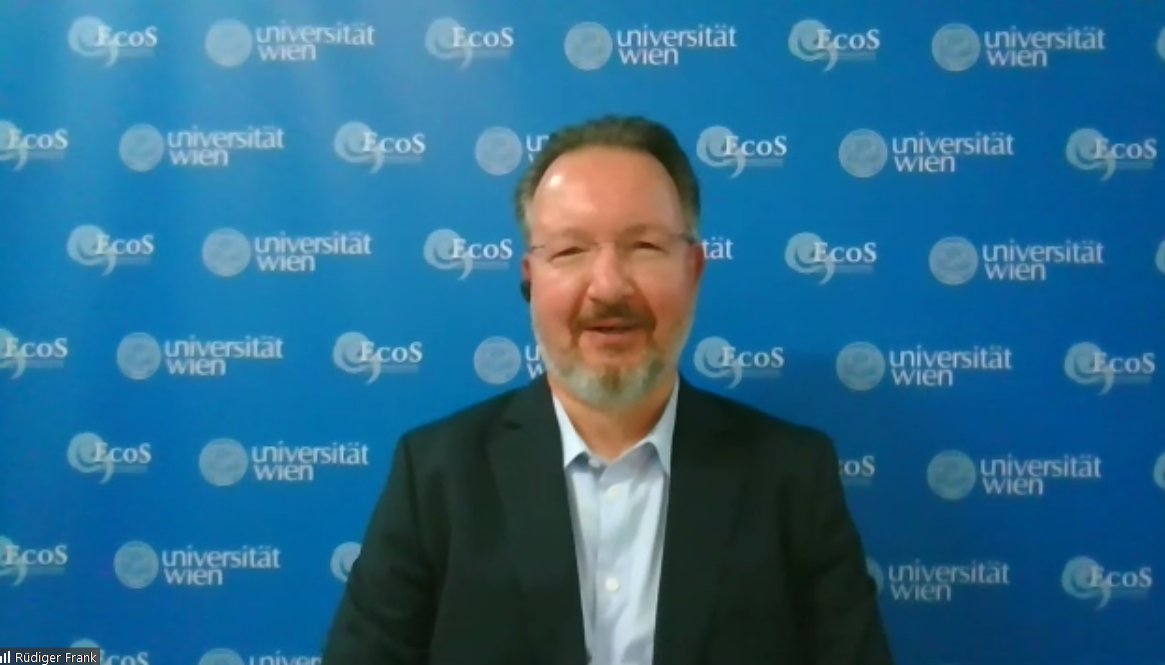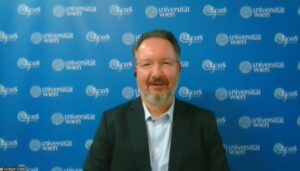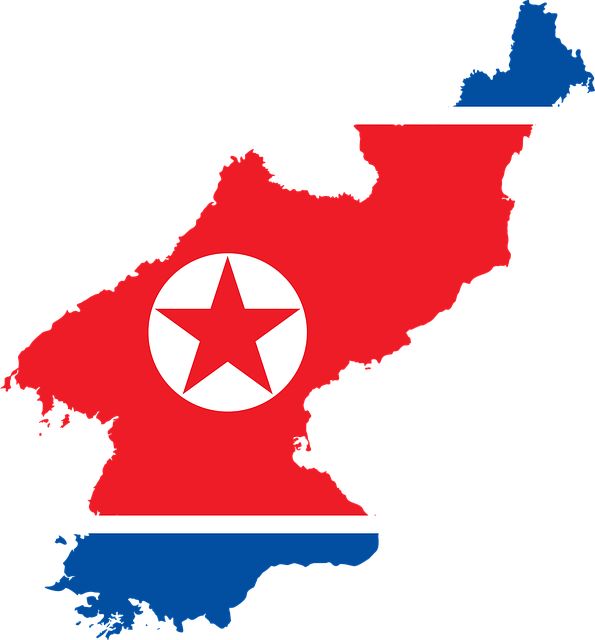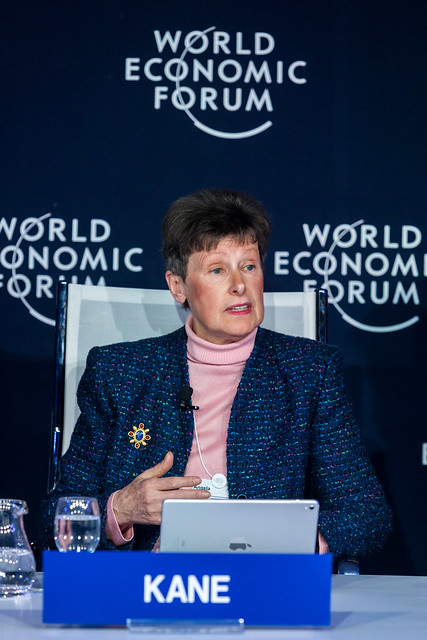

The better the state of North Korean economy, the lower the chance that the country will proliferate or use nuclear weapons. This is one of the main takeaways of the first VCDNP webinar entitled “Update on the Economy: How Desperate is North Korea?”, which was held on 8 May 2020. The webinar featured a renowned expert on North Korea and Professor at the University of Vienna Dr. Rüdiger Frank and was moderated by VCDNP Executive Director Elena K. Sokova.
According to Dr. Frank, North Korea is not likely to trade its nuclear weapons for sanctions relief or economic assistance; its nuclear status is not negotiable on these terms. He further discussed the relationships between the state of North Korean economy, the stability of the political regime, and nuclear programme and non-proliferation.
Economic hardship, including but not limited to the availability of food supplies, has direct impact on the stability of the regime. Moreover, the legitimacy of the present leadership depends on the ability to deliver on the promise of economic growth. Political stability, in turn, makes proliferation of fissile materials, nuclear weapons-related equipment or technology less likely. Similarly, a politically stable regime will be less prone to engage in a military conflict or use nuclear weapons.
The economic outlook of the country, including food supplies, according to Dr. Frank, looks stable, although is perhaps experiencing a slowdown due to the COVID-19 pandemic and the closure of the border with China. However, in case of a significant worsening of the economic situation and the weakening of the regime, chances of nuclear brinkmanship will increase. A struggling North Korean economy and dwindling financial resources could also undermine safety of nuclear installations, a phenomenon similar to what was witnessed in former Soviet countries in the 1990s. Financial strain could also make proliferation of materials and technologies more attractive.
Turning to the role of foreign trade in the North Korean nuclear programme, he explained that, contrary to widespread assumptions, the North Korean nuclear weapons programme is not dependent on imports of major components or technologies and emphasizes instead self-reliance. Thus, effectiveness of sanctions and trade controls for curtailing the North Korean nuclear programme should not be overestimated.
Watch Dr. Frank's presentation in the video below.


By continuing to use the site, you agree to the use of cookies. more information
The cookie settings on this website are set to "allow cookies" to give you the best browsing experience possible. If you continue to use this website without changing your cookie settings or you click "Accept" below then you are consenting to this.